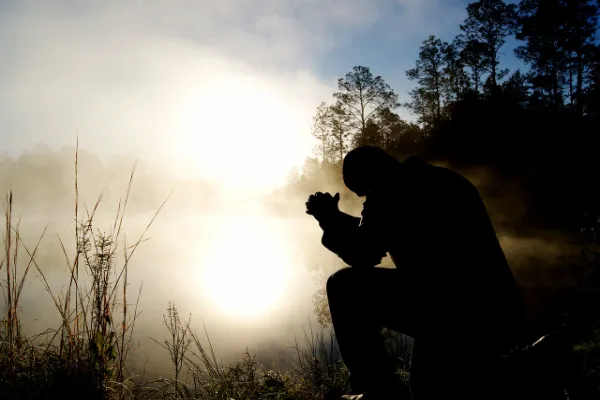The Power of Being Prepared: Why Cardiopulmonary Resuscitation Certification is an Essential Life Skill
The Importance of Being Ready for Anything
Life has a way of throwing unexpected challenges our way. In these moments, we often wish we could do more than just stand by and watch. Having the skills to act during an emergency, especially when it comes to saving someone’s life, can make all the difference. This is why obtaining essential life-saving certifications like cardiopulmonary resuscitation certification is so important. Whether you’re motivated by the desire to protect loved ones or contribute positively to your community, CPR skills are valuable for everyone. By gaining this certification, you empower yourself to handle emergencies with confidence and make an incredible impact.

Why CPR Certification Is a Lifesaving Skill
1. It Provides Immediate Assistance in Critical Moments
In a crisis, every second counts. Whether you’re in a public place, at work, or with friends and family, accidents or sudden medical emergencies—such as heart attacks or choking—can occur without warning. CPR training prepares you to provide immediate care, maintaining circulation and oxygenation until professional medical help arrives. It’s a powerful way to extend someone’s life in those vital minutes when help is needed most.
2. It Creates Confidence and Calm in High-Pressure Situations
When emergencies happen, they often bring chaos and stress. People who are not trained in First Aid or CPR may panic and feel helpless, unsure of what to do. This is where having cardiopulmonary resuscitation certification makes a significant difference. With training, you know exactly what to do, which reduces panic and allows you to focus on helping others. The confidence you gain from knowing how to perform CPR can not only help save lives but also help others feel reassured in stressful situations.
3. It’s a Simple, Yet Powerful Skill to Learn
Unlike other complex skills that require years of study, CPR is relatively simple to learn. CPR classes typically involve a combination of lectures and hands-on practice, allowing you to get a feel for the techniques you need to use in real-world emergencies. You’ll learn how to recognize when CPR is necessary, how to perform chest compressions, and how to provide rescue breaths safely. In just a few hours of training, you can gain a skill that could save someone’s life.
How CPR Certification Benefits You and Your Community
1. A Sense of Fulfillment and Responsibility
When you take the time to earn CPR certification, you’re not just gaining a certificate—you’re gaining the ability to help in life-or-death situations. The ability to step in during an emergency is a powerful responsibility that brings with it a sense of fulfillment. Knowing that you could save someone’s life in a crisis gives you a new perspective on the power of learning and self-improvement.
2. Making a Difference in Your Community
CPR training doesn’t just benefit you—it benefits everyone around you. In a community, the more people who are trained in CPR, the safer everyone becomes. From public places like parks, gyms, or schools to personal gatherings, such as family reunions or parties, having certified individuals can ensure that emergencies are dealt with swiftly and effectively. The ripple effect of one person being trained in CPR can positively impact an entire community, fostering a stronger and safer environment.
3. A Skill That Lasts a Lifetime
Once you earn your CPR certification, the skills stay with you. Regularly refreshing your certification ensures that you stay up-to-date with the latest guidelines and best practices. But beyond that, you carry these life-saving skills with you every day. They become second nature in situations where you’re needed, allowing you to act quickly without hesitation.
How to Get Started with CPR Certification
Getting certified in CPR is simpler than you might think. Many organizations offer CPR training classes that are flexible and accessible to people with different schedules. These courses often take only a few hours, but the knowledge you gain will last a lifetime.
- Online Options: Some programs offer online certification that includes instructional videos and quizzes, allowing you to study at your own pace.
- In-person Classes: Many local health organizations and community centers offer in-person CPR training. These courses often include hands-on practice with CPR mannequins, so you can get real-time experience.
Once you complete the course, you’ll receive a CPR certification card that’s typically valid for two years, after which you can renew it to keep your skills fresh.
Conclusion: Take the First Step Today
In life, we can never predict when an emergency will strike, but we can be ready when it does. By enrolling in cardiopulmonary resuscitation certification, you’re not just adding a valuable skill to your resume—you’re gaining the confidence and ability to make a difference in someone’s life. Whether you’re at home, at work, or in public, knowing how to perform CPR can save a life, and that’s a gift you can’t put a price on.







